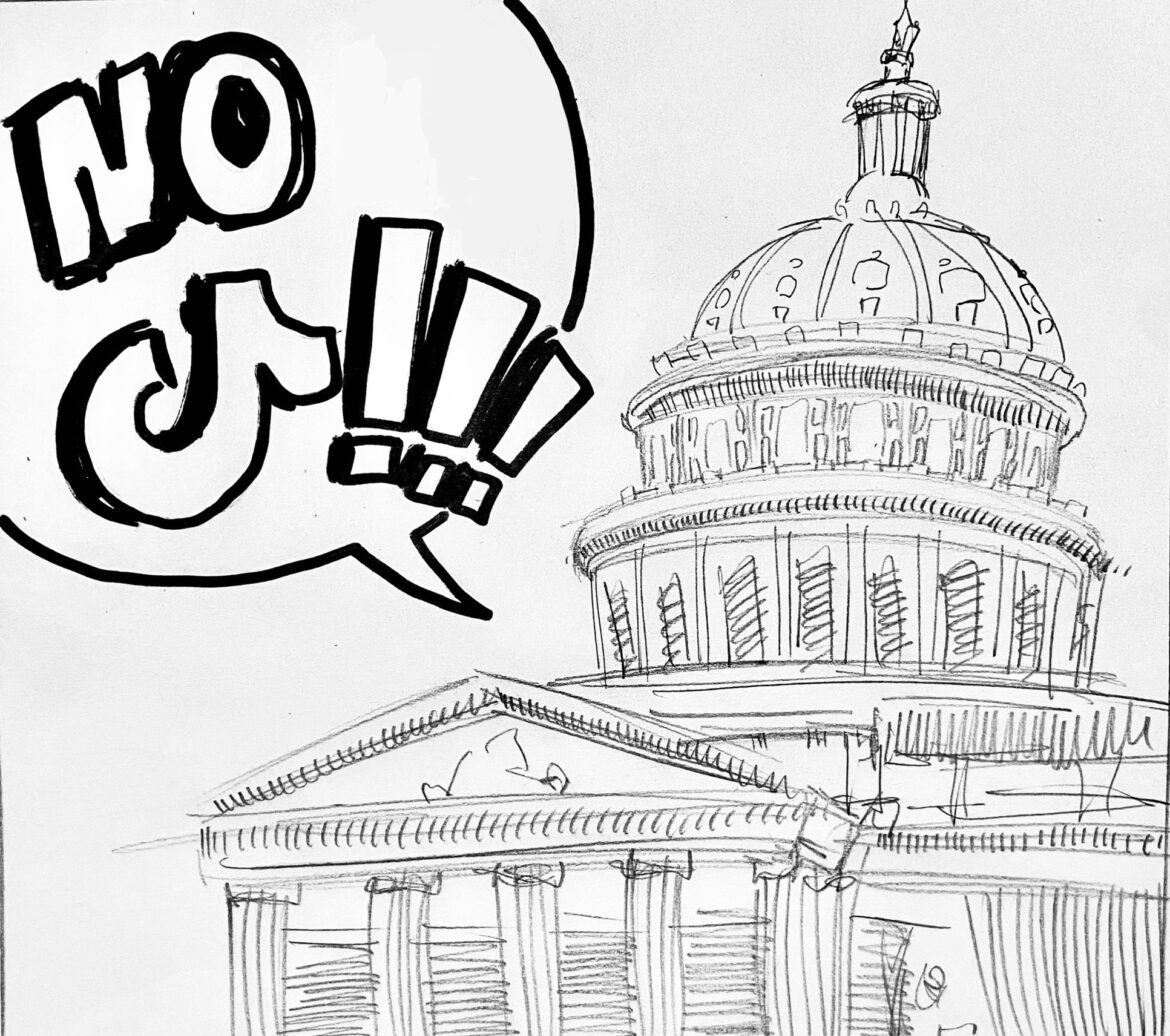We are all chronically online.
And for the record, I have no problem seeing videos that are a couple months stale via Instagram Reels. You might say I am lucky to have friends on TikTok who send me content so I can see what’s going on. One such instance prompted me to write this after I watched a seven-minute video of a young Canadian man sharing his thoughts on the TikTok ban. He discusses freedom of speech and TikTok’s ability to mobilize people more effectively compared to other platforms.
For an account promoting his honey company “Bee Better”, a political commentary video seems out of place. In his more popular videos, not about honey but about celebrities’ actions, he uses his MBA as a diving board to augment his opinions. He claims to be the “youngest person in Canada to receive an MBA” in marketing. No news headlines advertise that accomplishment, nor does the school he attended, Wilfrid Laurier University, offer an MBA in marketing, it is just a specialization for Business Administration.
All this to say the video is another opinion from an online presence, not in a related field and not in said country either. Yet, this “opinion” had a lot of people reacting to it, and one thing stuck out to me from the whole video.
If TikTok can influence the outcome of the election, which candidate would secure the future of TikTok?
If TikTok were to be banned, you could no longer download TikTok from the app store and no other updates are available. People also question if such a ban would even be effective at preventing American data from being illicitly collected and/or be disclosed for what purpose the data serves for another country.
In terms of how American citizens are reacting, young people argue it impends on free speech. But perhaps even more concerning to them, they say it will result in a loss of content and conversation generated around important, relevant topics they care about. The same topics we want our candidates to answer questions about and invoke change and progress.
It isn’t clear if efforts to keep TikTok from being banned will succeed. However, the argument of impending free speech falters since no one is restricting your ability to speak up about these issues in real life.
If those same people, those same advocates, are propelled onto the more “limiting platforms”, like Instagram’s political filter, those conversations will find their way once more. They may take on a different projection, but as they have already gained so much momentum on TikTok, there is sure to be follow-ups.
Even more so, the people who wish to have those conversations will not shy away from bringing them up in real life.
The takeaway is that TikTok achieved making young people aware of these issues and creating grounds for conversation. Those conversations can lead to seeking legitimate resources and even more importantly, direct actions taken on our part. Media does not bear the responsibility of offering a full educational experience. Rather, it is a vessel of information at our disposal, and we choose what to do with it.
We may choose to keep bringing it into day-to-day exchanges. Internet space or real life, there has and will always be space for you, your discussions and your voice.
Whether one political candidate or another promises to bring it back, I believe we should find other means of assessing who will be a good representative. It is not the allowance of one platform that harbors those conversations that show what a candidate values. The actual discussions and actions we see them take about the issues do. The responsibility we should look towards is that of our candidates. Will they prove that their ambitions are ethical and constitutional? In the end, the outcome should not rest on something that can get deleted and re-downloaded within seconds, when we concern ourselves with it for much longer.



